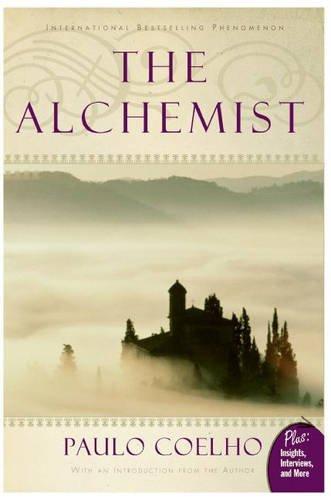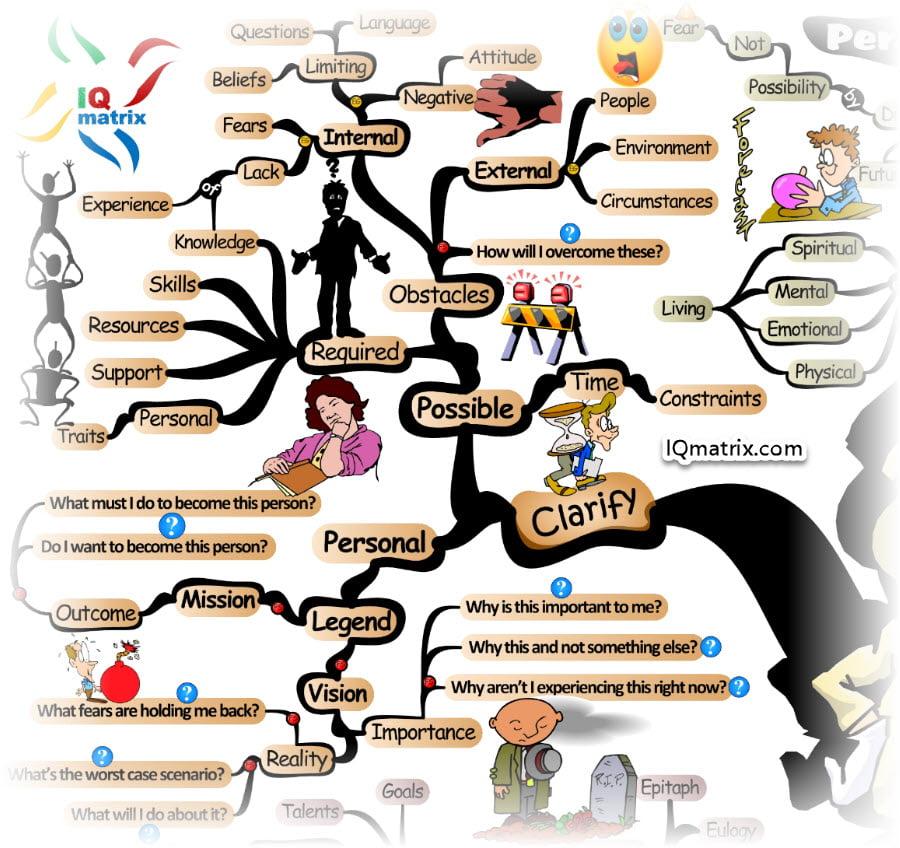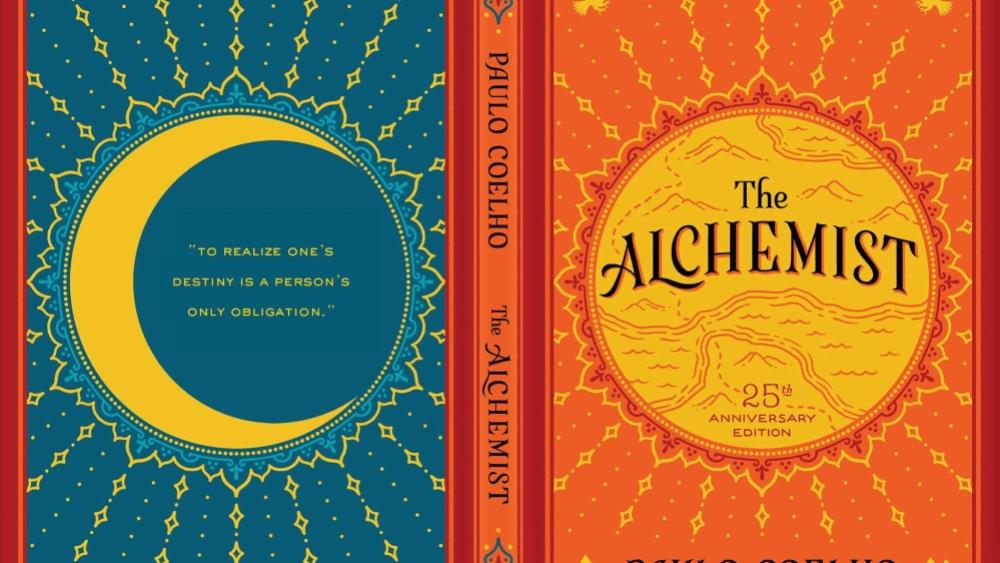Paulo Coelho’s “The Alchemist” has captured the imaginations of readers worldwide since its publication in 1988, emerging as a seminal work in contemporary literature. With its universal themes of destiny, self-discovery, and personal legend, the novel has sold millions of copies and been translated into numerous languages, securing its place as a staple on bookshelves across the globe. However, the book’s widespread acclaim and enduring popularity have also sparked a contentious debate: is “The Alchemist” genuinely a timeless masterpiece, or has its reputation been inflated beyond its literary merit? This article aims to delve into this question, analyzing the novel’s themes, narrative style, and cultural impact to assess whether its status is deserved or disproportionate. By examining both the praise and criticism it has received, we seek to provide a balanced perspective on the enduring legacy of Coelho’s work.
Evaluating Literary Merit and Popular Appeal
When it comes to evaluating a novel’s literary merit versus its popular appeal, The Alchemist by Paulo Coelho presents a fascinating case study. Literary merit often encompasses elements such as depth of character, narrative innovation, and thematic complexity. Coelho’s work, while criticized for its simplistic language and straightforward plot, excels in delivering profound philosophical themes. Its exploration of universal concepts such as destiny, self-discovery, and the pursuit of personal legend resonates deeply with readers. This thematic richness can be seen as a hallmark of literary value, even if it diverges from more traditional literary constructs.
Popular appeal, on the other hand, is measured by a book’s ability to captivate a broad audience and maintain relevance over time. The Alchemist has achieved this with remarkable success, reflected in its enduring bestseller status and widespread translation into numerous languages. Some factors contributing to its popularity include:
- Accessibility: Its simple prose makes the story approachable for a diverse readership.
- Universal Themes: The narrative’s exploration of dreams and aspirations is relatable across cultures.
- Inspirational Message: Many readers find its message of personal fulfillment empowering and motivating.

Analyzing Themes of Personal Legend and Destiny
In The Alchemist, Paulo Coelho intricately weaves the concepts of personal legend and destiny, creating a narrative that speaks to the universal quest for self-discovery and fulfillment. The protagonist, Santiago, embarks on a journey that serves as a metaphor for the pursuit of one’s true purpose. Coelho uses the term Personal Legend to describe this inner calling, suggesting that each individual has a unique path to follow, which is often obscured by societal expectations and personal fears. Through Santiago’s experiences, the novel explores how embracing one’s personal legend requires courage, faith, and the willingness to confront and overcome obstacles.
The theme of destiny is equally significant, portrayed as an intertwining force that guides individuals toward their true path. Coelho suggests that the universe conspires to help those who are in pursuit of their personal legend. This idea is illustrated through various encounters and omens Santiago experiences, encouraging readers to recognize and trust the signs around them. Key elements include:
- Omens: Serving as guides, these symbols appear throughout Santiago’s journey, nudging him towards his destiny.
- Alchemy: A metaphor for personal transformation, representing the process of realizing one’s potential and achieving greatness.
- Interconnectedness: The narrative emphasizes the unity between the individual’s journey and the world’s greater plan, suggesting a harmonious balance between personal choice and destiny.
Ultimately, Coelho’s exploration of these themes invites readers to reflect on their own lives, questioning whether the pursuit of their personal legend is indeed a timeless endeavor or an overrated narrative.
Comparing Reader Perceptions Across Generations
The perceptions of The Alchemist by Paulo Coelho vary significantly across different generations, revealing intriguing insights into its impact and relevance. Baby Boomers, who experienced the book in their later years, often appreciate its spiritual and philosophical depth, seeing it as a guide to personal enlightenment and fulfillment. They tend to value its timeless themes of self-discovery and destiny. In contrast, Generation X readers may perceive the novel as a reflection of their own struggles with career and life choices, viewing it as a motivational piece that emphasizes the importance of following one’s personal legend despite societal expectations.
Millennials often have a mixed reaction, with some embracing its message of pursuing dreams with a sense of urgency and others critiquing it for what they perceive as overly simplistic and repetitive narrative. Meanwhile, Generation Z might see the book through a more critical lens, questioning its relevance in a fast-paced, digitally-driven world where the pursuit of personal dreams can feel both more accessible and more elusive. This generation often engages in discussions about whether the book’s core messages still hold weight in today’s context. These varied perceptions highlight how each generation interprets the novel through the lens of their unique life experiences and cultural contexts.
- Baby Boomers: Spiritual and philosophical appreciation
- Generation X: Motivational and career-focused interpretation
- Millennials: Mixed reactions; urgency vs. simplicity
- Generation Z: Critical engagement; relevance in modern context

Assessing the Impact on Modern Literature and Culture
The influence of “The Alchemist” on modern literature and culture can be observed in various facets. Literary critics often highlight its narrative simplicity and philosophical depth, which resonate with a wide audience. This blend has inspired a multitude of authors to explore similar themes of self-discovery and personal legend in their works. Its storytelling approach has become a reference point for contemporary writers who aim to balance profound messages with accessible prose.
Culturally, Coelho’s work has transcended the boundaries of traditional literature. Its themes of spirituality, purpose, and individual journey have permeated into other art forms such as film, music, and visual arts. The book’s quotes and motifs are frequently referenced in popular culture, reinforcing its status as a cultural touchstone. This impact raises questions about its enduring appeal and whether it sets a standard for future works aiming to explore the human condition. Despite debates over its literary merit, its pervasive influence is undeniable, prompting ongoing discussions about its place in the cultural canon.
